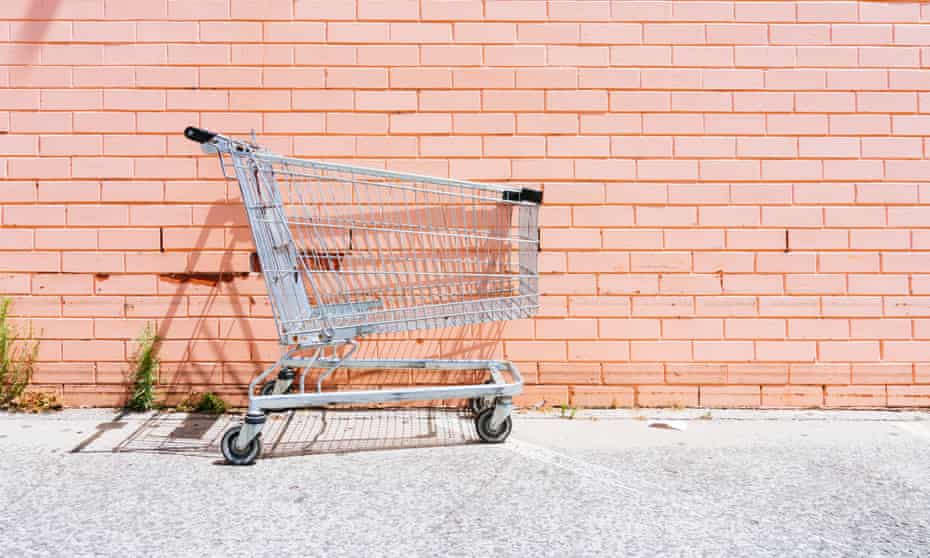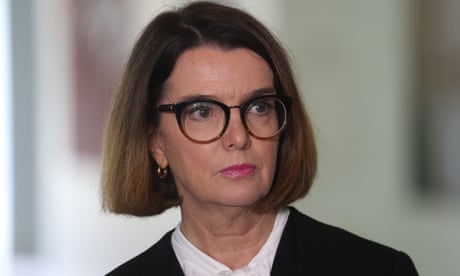Extract from The Guardian
Stereotypes and political rhetoric about poverty ignore the fact that welfare payments in Australia are obscenely low.

We know we’re about to be assaulted with opinions from wealthy people about what we need and what we don’t, with higher income support payments placed firmly in the latter category.
Those of us who rely on welfare are so used to having offensive commentary foisted on us by people who’vespent most of their working lives in politics you’d think we’d be inured to it. And yet, here I am, reeling from another poverty polemic.
This week, Labor MP Patrick Gorman wrote in an opinion piece titled Labor leads the war on poverty: “Poverty is not simply being low income.”
So who do politicians want you to sympathise with when they talk like this?
Gorman writes: “Homeless, women in abusive relationships, people with multiple jobs but no job security, Indigenous Australians still experiencing centuries-long discrimination, and [an] increasing number of pensioners, especially single women, living in poverty” should be at the centre of government decision making.
“Lifting Australians out of poverty does not mean reducing enterprise or aspiration. It simply means expanding opportunity” he writes, adding that Labor’s plan “will ensure those who work hard have secure jobs, secure housing and a secure retirement after a lifetime of work.”
This rhetoric leaves harmful stereotypes about unemployed people intact – and weaponises us.
It’s time to dispel the myths being peddled about what poverty actually means.
It implies there is a class of “undeserving” poor who have no aspirations. It erases the unpaid labour done by hundreds of thousands of people on poverty payments, and the 550,000 people on unemployment payments who are disabled.
It ignores that the vast majority of people living in poverty aren’t in these situations – we’re simply subsisting on obscenely low Centrelink payments set by the government. It’s unthinkable that someone could expect to credibly write hundreds of words about poverty without mentioning this.
At first I thought it was a joke, mocked up by a jaded poor person in response to Monday’s commitment that Labor may boost defence spending to more than 2% of gross domestic product if they form government. That’s more than double what’s needed to lift unemployment payments above the Henderson poverty line.
But the message was deadly serious, and it’s a deeply harmful one we’ve heard ad nauseam from both major parties. It repeats the same old tropes: secure jobs, housing and retirement, but only for those who “work hard”. These, apparently, are not rights owed to those of us who deliver the government’s desired 4–5% unemployment rate. Never mind that people on welfare payments do work, unpaid and underpaid.
Not that the brutal social security system got a mention in the article ostensibly about poverty. Probably because the government-inflicted poverty from obscenely low welfare payments is bipartisan policy.
Gorman is right to point out the dire circumstances facing some folks in paid work, but it’s no excuse for ignoring the 2.5 million people and their kids surviving on working-age payments as low as half the poverty line.
It’s time to dispel the myths being peddled about what poverty actually means. It’s not some arbitrary figure. It’s not a necessary evil. It’s not immaterial. And it’s certainly not something that only affects people who have a job. It is measurable and it is a political choice.
Powerful people who make decisions about precisely how much poverty we should be expected to endure continually approach the issue as a mere academic one.

They can only do so because they have never felt what it’s like to be on the verge of missing rent every fortnight, or eating one meal a day, or having the bills get further and further behind, anxiety increasing as the late fees pile up.
Poverty means you can’t feed yourself or your kids. It means feeling hungry and being able to do nothing about it.
It means when there are supply shortages, as everyone else scrambles to grab as much as they can of whatever they can many of us are left with nothing, because we can’t afford to adapt. We can’t afford to stock up, or buy a more expensive brand if the cheap one sells out, or pay extra to have groceries delivered. There’s no money or energy to traipse around to different stores. There is no room to breathe.
All this misery causes long-term damage. It leads to stress and exhaustion and bad teeth and chronic illness and mental ill health. We know from countless stories it leads to suicide, but governments refuse to make that data available, presumably for fear of what it shows.
So to the politicians who parcel out meagre sums to so-called poverty alleviation and mental health programs, I have one message: yes, poverty is simply being low income. No amount of charity, psychological bandaids or “place-based initiatives” will change this.
All poverty is ultimately income poverty. And its number one cause in this country is abhorrently low welfare payments.
We don’t need more food banks, more rebates, more niche supports that are impossible to find out about, let alone access.
We need money.
To see a politician handwringing about poverty while ignoring welfare recipients this week was too much. Put up or shut up.
When Labor were last in government, the gap between the poverty line and unemployment payments grew faster than at any time under Howard or the recent series of Liberal prime ministers since 2013.
Both major parties have constantly sought to make budget savings off the backs of the poorest people.
Labor have refused to say they will increase jobseeker if they win government. It’s even less likely the Coalition will, having increased the rate by $25 a week in April 2021.
We’re long overdue for a new measure of poverty in this country. Until then, the best we have is the Henderson poverty line, dating back to the 60s.
When people on jobseeker lived at this level temporarily in 2020 because of Covid-19 supports, we heard of the relief it brought, and also how many people still went without (more than a third still regularly skipped meals, medication and healthcare).
This is the rate unemployed people and advocates have been pleading to have brought back urgently while the long-term work of better understanding poverty and rebuilding public investment in housing, healthcare and education is done.
Both major parties are committed to tax cuts for the rich, negative gearing and capital gains tax policies that fuel astronomical house price growth – and pouring good money after bad on farcical defence projects. Yet they have the audacity to lecture us on careful spending.
Both have staunchly ignored every shred of evidence about how government-inflicted poverty and “mutual” obligations are destroying lives and killing people. They have constantly sought to make budget savings off the backs of the poorest people, whether it’s single parents, disabled people, or just the unemployed in general through unlawful schemes like robodebt.
So no, whether Liberal or Labor, you’re not for the poor. You’re at war with us.
Kristin O’Connell is an activist and disability support pensioner working in social policy at the Antipoverty Centre
No comments:
Post a Comment